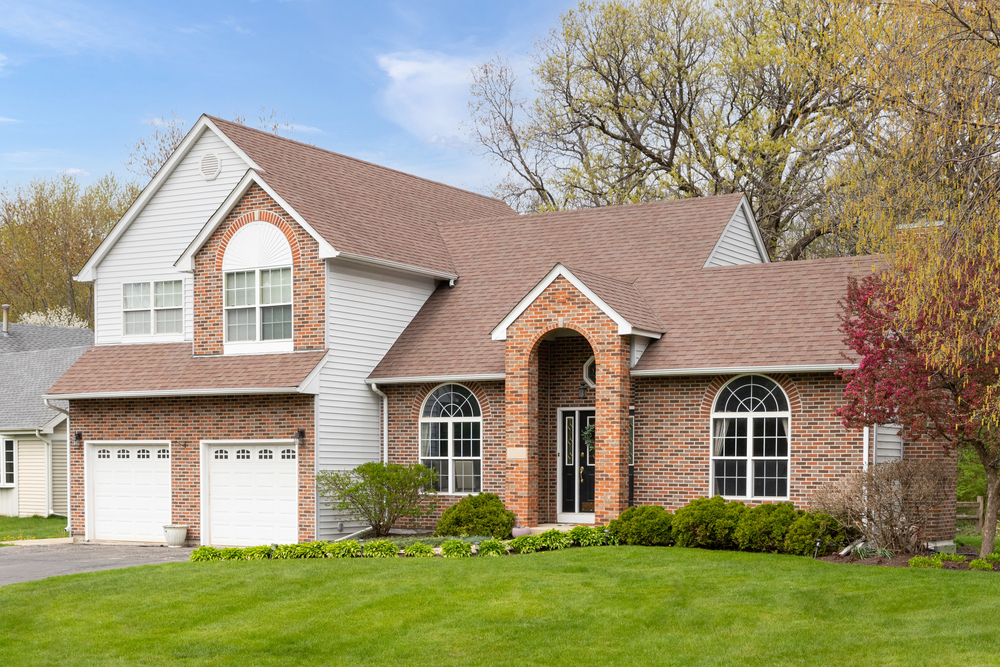
Owning a holiday home offers a relaxing getaway, but protecting it requires specific insurance coverage. Holiday homes, whether used seasonally or occasionally, face different risks compared to primary residences.
These homes may sit vacant for long periods, which can increase the likelihood of damage from factors like weather, vandalism, or fire. Understanding what holiday home insurance covers is vital to ensure you are financially protected if anything goes wrong during your absence.
Understanding Holiday Home Insurance
Holiday home insurance is designed to protect homes that are not used as a primary residence. These properties may be vacation homes, second homes, or homes rented out for part of the year. The insurance policies are similar to standard homeowners’ insurance but account for the unique risks associated with a holiday home.
One of the biggest challenges with a holiday home is that it often sits vacant for months at a time. This can lead to issues such as leaks, undetected damage, or break-ins. Holiday home insurance helps mitigate these risks by covering the property, its contents, and potential liabilities.
Key Coverage Areas in Holiday Home Insurance
When it comes to holiday home insurance, several key coverage areas should be considered. Understanding these areas will help you select the right policy to meet your needs.
- Building and Structure Coverage
The physical structure of the holiday home is the most obvious element that requires coverage. This includes protection against damage from storms, fire, or vandalism. If the home is damaged or destroyed, your insurance policy will help pay for repairs or replacement. Building coverage will typically cover not just the house itself but also additional structures like garages, sheds, or fences located on the property.
This coverage may vary depending on the policy. For example, some policies may cover specific causes of damage, such as fire or theft, while others may offer broader protection.
- Personal Property Coverage
Holiday homes often contain personal belongings like furniture, appliances, and electronics. These items need protection in case of damage or theft. Personal property coverage is an important part of holiday home insurance and helps cover the cost of replacing items lost in incidents such as fire, theft, or vandalism.
It is important to note that personal property coverage may have limits. For instance, expensive items such as jewelry, art, or antiques may require additional coverage or riders to be fully protected.
- Liability Coverage
Liability coverage is another vital aspect of holiday home insurance. If someone is injured on your property or if you are found liable for damages, liability coverage will help pay for medical bills, legal expenses, and other associated costs. For example, if a guest slips and falls while staying at your holiday home, liability coverage can help cover their medical treatment costs.
In many cases, liability coverage extends to accidents that occur on the property, even if you are not present. This makes it a necessary part of protecting your vacation home and mitigating the risk of financial losses due to accidents or injuries.
- Loss of Rent
If your holiday home is rented out, it is important to consider coverage for loss of rent. In some cases, damage to the property may render it uninhabitable for a period of time. Loss of rent coverage helps protect you from lost income if the home cannot be rented during the repair process.
Additional Coverage Considerations
While the basic elements of holiday home insurance cover the most common risks, you may need additional coverage depending on the property’s location and the features of the home. Some examples of additional coverage options include:
- Flood Insurance: Holiday homes near water or in flood-prone areas may require flood insurance, as standard home insurance does not cover damage caused by flooding.
- Theft Coverage: If you keep valuable items in your holiday home, additional theft coverage may be necessary to ensure they are fully protected.
- Winterization Coverage: If your holiday home is in a cold climate, you may want to add winterization coverage to protect against damage from frozen pipes or snow accumulation.
Do You Need Holiday Home Insurance?
If you own a holiday home, insurance is a must. This type of coverage will protect your property and personal belongings against damage and theft. It will also safeguard you from potential liabilities in case of an accident on the property. Depending on the location and usage of your holiday home, you may need additional coverage such as flood insurance or loss of rent coverage.
For those looking for home insurance in Illinois, be sure to explore the options for Illinois home insurance and Illinois renters’ insurance. The right policy can give you peace of mind and protect your vacation property for years to come.
Let RetireMax Insurance Help You Protect Your Holiday Home
At RetireMax Insurance, we understand the unique needs of holiday home owners. With over 30 years of experience in the industry, we offer personalized solutions to protect your property and belongings.
Reach out to us today for a quote and safeguard your holiday home.

